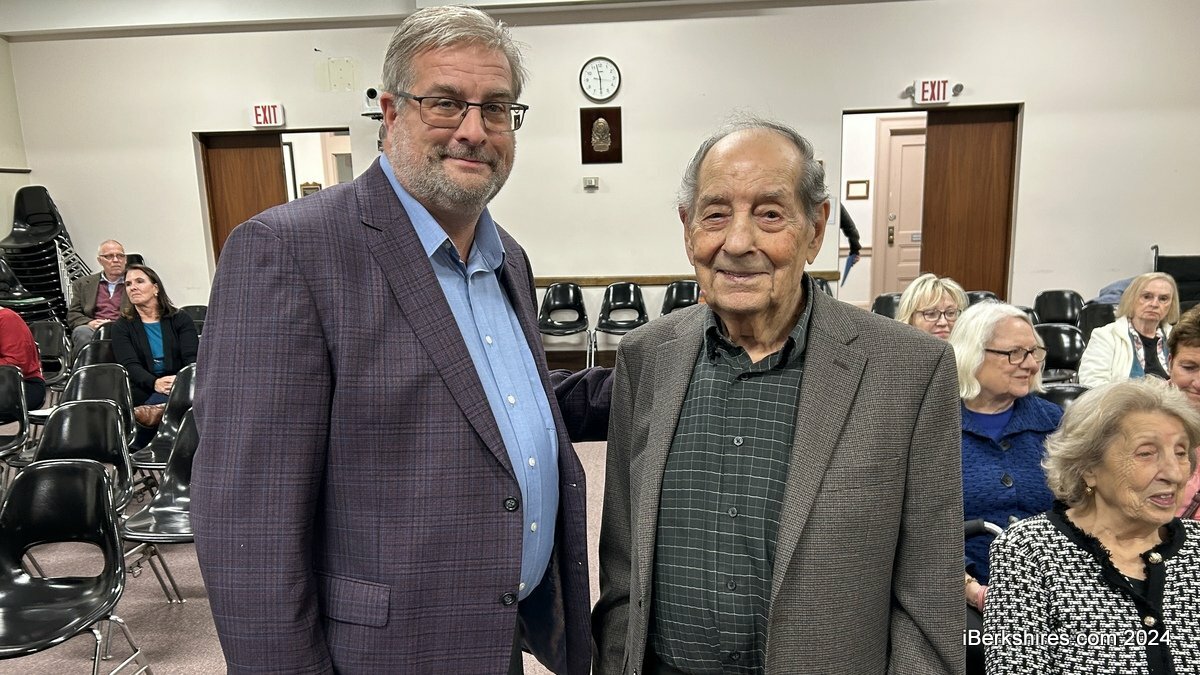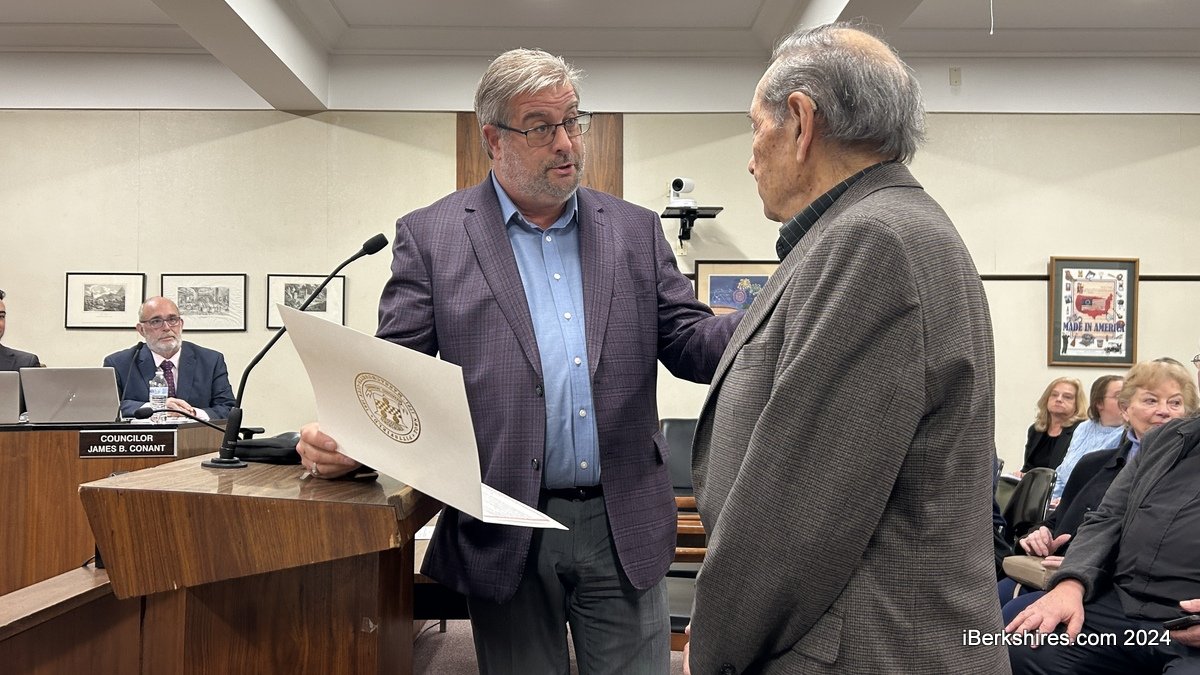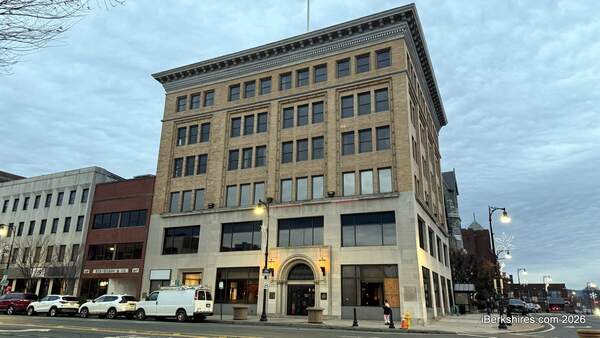
Pittsfield Veteran Turns 102

PITTSFIELD, Mass. — A city resident and veteran was recognized this week as he closes in on his 102 birthday this month.
On Tuesday, Anthony "Tony" Salatino Jr. was honored during the City Council meeting for this impressive milestone. He was born on Nov. 27, 1922, in Polia, Calabria, Italy, and came to Pittsfield in 1937 with his older brother to join their father.
"I am very honored to be here tonight," he said to a room full of community members, friends, and family before they erupted into applause.
Mayor Peter Marchetti said Salatino experienced challenging times during the Great Depression but always focused on building a strong foundation for his family. He joined the Army in 1943 and after completing training in Virginia, was stationed in England and France for about three years.
Marchetti said he hoped to present Salatino with the proclamation on Veterans Day, the prior day, but it didn't work out.
"I don't think I've ever stood next to someone who was 102 years-to-be," the mayor said.
The Pittsfield High graduate was a corporal and medical technician at Headquarters Medical Corps and received an honorable discharge in 1946.
"In 1947, Tony's many years of hard work paid off when he was able to bring the rest of his family from Italy to Pittsfield, Mass., and provide them with a home," Marchetti read from the proclamation.
Salatino graduated from the New England School of Art in Boston in 1950 and received a degree in Advertising Design. He used this artistic talent to become General Electric Co.'s first graphic design artist in 1955 and he worked as a supervisor in the art department.
He retired from GE 37 years later.
Salatino married his wife of 71 years Bettina Mancuso in Guidonia, Italy, in 1953 and they raised four children in Pittsfield. They have seven grandchildren and eight great-grandchildren.
"Tony's devotion to his family is a testament to his love of life and ability to put others before himself," Marchetti read.
"His selflessness, hard work, and love of family is an inspiration to all. His special talents have led him to live the extraordinary long life he has and continues to."
Tags: centenarian, veterans,


















